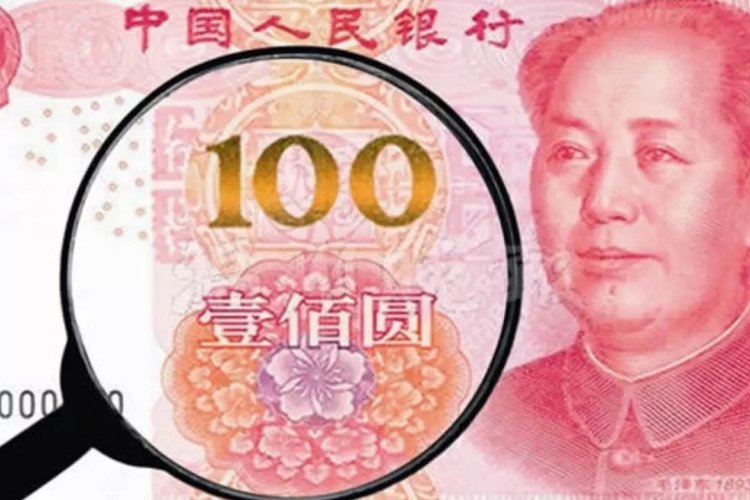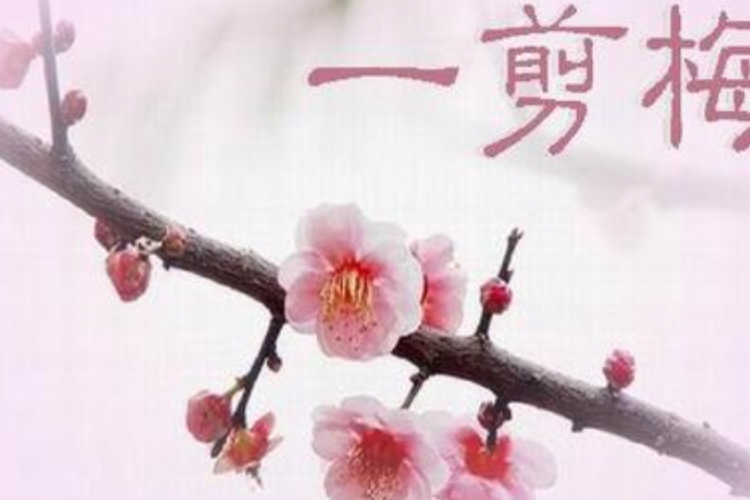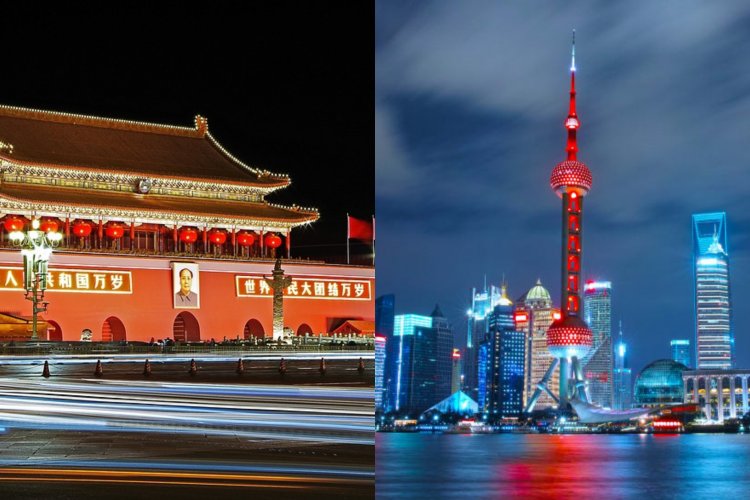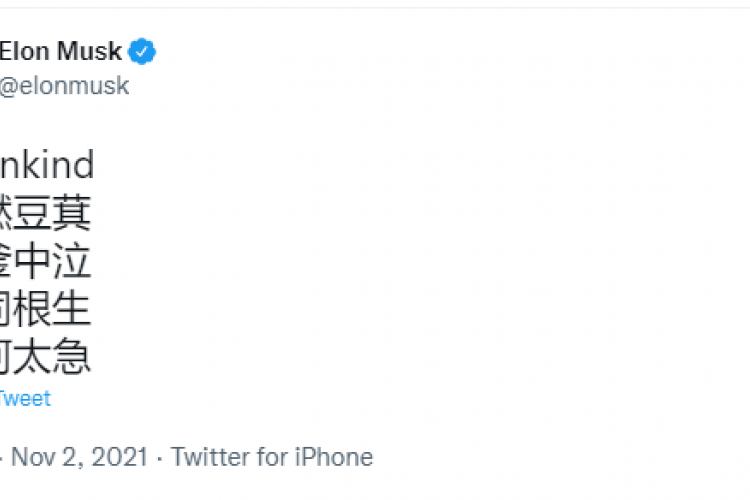Brilliant or Disastrous? When Foreign Names Get Chinese Translations
Aside from getting a bank account, phone number, and apartment in Beijing, one challenge every expat faces – especially those attending university – is coming up with a proper Chinese name. Instead of searching high and low, and poring over pages in a Mandarin dictionary, people are more likely to turn to the sound of their name and nationality for inspiration. But what if you want to stick to your roots, truly representing the essence of your character and your cultural legacy? For that, we look at a few examples of world-renowned figures, and what they could be called should their names be paraphrased into Chinese in the hopes that you too might find a Chinese name that expresses the meaning of your birth name.
特朗普 tè lǎng pǔ Donald Trump: 郭世宰 Guō Shìzǎi
Based on his German ancestry, the surname Trump derives from the word “drum.” In the ancient Chinese dictionary, 说文解字 shuō wén jiě zì drum can be written two ways, either 鼓 gǔ or 郭 guō. To better serve its function as a surname we picked 郭 guō here. And Donald is a masculine name derived from the Gaelic, Dòmhnall, meaning “the world ruler,” so we can use 世宰 shìzǎi as an abbreviation for 世界的主宰 shìjiè de zhǔzǎi to express the same meaning. Interestingly, Russian president Vladimir Putin's surname means "the ruler of the world" as well. Take heed future parents, if you want your child to one day lead a nation, there's a name for that.
拜登 bài dēng Joseph Biden, Jr: 纽添丁 Niǔ Tiāndīng
The surname Biden is a metonymic name derived from the Old French word boton, which can be translated to 纽 (扣) Niǔ (kòu) button. While Joseph can be interpreted as “Wishing God will grant me one more child” in Hebrew, there is no better equivalent word in Chinese as 添丁 Tiāndīng.

马克·扎克伯格 mǎkè·zhā kè bó gé Mark Zuckerberg:糖山战神 táng shān zhànshén
Zuckerberg is a Jewish surname of German origin meaning "sugar mountain,” while Mark is a common male name tied to the famous Roman God of War, Mars. As such, it's entirely appropriate to call Mark Zuckerberg 糖山战神 Tángshān Zhànshén in Chinese.
乔布斯 qiáobùsī Steve Jobs: 仇冠 Chóu Guān
The name Jobs is of Hebrew origin meaning “persecuted,” and thus 仇 chóu shares some meaning with it. Perhaps more suitable, however, would be to use it as a Chinese surname, though the pronunciation would change to qiú in that case. Meanwhile, Steve is a common variant of Stephen, which is derived from the Greek word στέφανος stéphanos, meaning "wreath" or "crown,” and can also imply "reward, honor, renown," or "fame." Let's go with "crown," as the equivialent 冠 Guān makes for a nice given name.

爱莉安娜·格兰德 ài lì ānnà·gé lán dé Ariana Grande: 大圣 Dà Shèng
Not to be confused with the Monkey King, another high ponytailed icon, beloved pop dive Ariana Grande can be given this name because her first and last names, both of Italian origin, mean “very holy” and “large” respectively.
坎耶·韦斯特 kǎn yé·wéi sī tè Kanye West: 西独 Xī Dú
Kanye Means "The Only One" In Swahili, which is absurdly fitting for his personality. We will translate this as the character 独 Dú in Chinese. As for his surname, 西 Xī meaning West, it is a pretty straightforward topographic name for someone who lived to the west of a settlement or a regional name for someone who had migrated from further west. No pun intended.
莱昂纳多·迪卡普里奥 lái áng nà duō·dí kǎ pǔ lǐ ào Leonardo DiCaprio: 羊如狮 yáng rú shī
Much like Ariana Grande, Leonardo's name is rooted in Italian culture. An accomplished linguist may have already known that the given name Leonardo is related to the lion, and more specifically, means “strong as a lion.” Ironically, however, the surname DiCaprio is a name for a (山) 羊 (shān) yáng goat, having derived its origin from the Italian word Capra. Perhaps his ex-girlfriends could attest to that.

泰勒·斯威夫特 tàilēi·sī wēifū tè Taylor Swift: 迅割儿 xùn gē er
The name Swift is part of the ancient legacy of British Anglo-Saxon tribes, and was a name used for a person who was 迅 (捷) xùn (jié) quick or speedy. Meanwhile, the name Taylor means "Cutter of the cloth; one who alters garments,” and is of English origin, which can be expressed as 割 gē in Chinese. The 儿 er suffix feminizes the whole package.
Read: Mandarin Monday: Choosing a Chinese Name 101 (So as to Avoid Sounding Like a Weirdo)
Images: UNSPLASH US Magazine, Twitter, Twoeggz, Kuaibao, Pinterest







